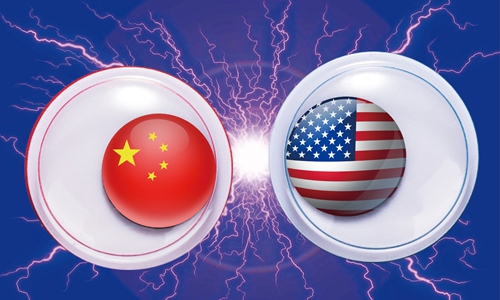US elites try to set up China as pandemic scapegoat with unauthorized material: expert
By Feng Rangu Source:Globaltimes.cn Published: 2020/5/14 2:58:41

Photo: GT
Chinese experts said that US elites in the policy community have become testy on issues concerning China as Foreign Policy (FP), an American magazine focusing on global affairs, current events, and domestic and international policy, used an alleged leaked database, the authenticity of which they could not verify, to smear China's anti-epidemic efforts.
FP published an article on Tuesday, claiming that it had obtained a database on COVID-19 cases and deaths in China from China's National University of Defense Technology, which is under the dual supervision of the Ministry of National Defense and the Ministry of Education.
They said they got the database from a source who asked to remain anonymous for fear of recriminations for leaking military material.
The database contains more than 640,000 information updates, covering at least 230 cities, compared to data the university has officially released online. The two versions basically match but the leaked database is far more detailed, according to the FP.
Each update in the leaked database includes the latitude, longitude, and "confirmed" number of cases at the location, for dates ranging from early February to late April, the article said without providing any evidence.
Li Haidong, a professor at the Institute of International Relations of the China Foreign Affairs University, strongly doubted the authenticity of the "leaked database."
FP's use of material, the authenticity and reliability of which is highly questionable, reveals that American elites in the policy community have become quick to jump to conclusions on issues concerning China. They are increasingly eager to create big news to set up China as a scapegoat for their domestic problems, Li told the Global Times on Wednesday.
Chinese experts also suggest that this issue could raise concerns of stolen information or violation of privacy protection.
The article is co-printed by the FP and 100Reporters, a news organization co-founded by Diana Jean Schemo and Philip Shenon, former correspondents for The New York Times.
It admits that the leaked information contains inconsistencies and may not be comprehensive enough to contradict China's official numbers. The authors said that they were trying to make the data available for research on the novel coronavirus.
Posted in: DIPLOMACY